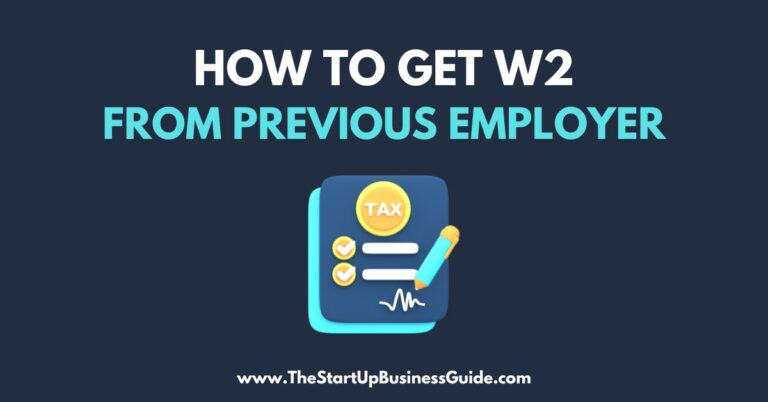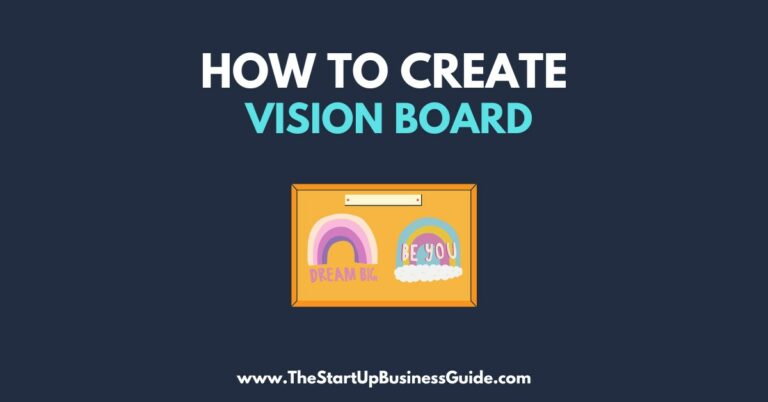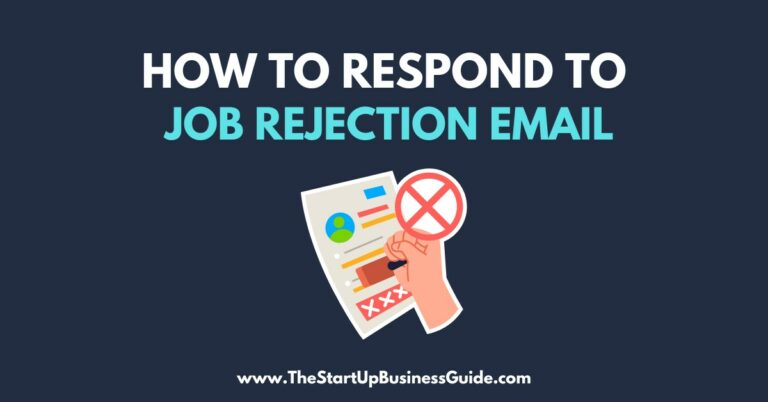What is Lifelong Learning | Importance, Benefits & Examples

In today’s fast-paced world, it’s more important than ever to continue learning and growing throughout our lives.
Whether you’re just starting out in your career or you’re a seasoned professional, lifelong learning can help you stay ahead of the curve and achieve your goals.
In this blog post, we’ll take a look at what lifelong learning is, why it’s important, and how you can make it a part of your daily routine.
What is Lifelong Learning?
At its core, lifelong learning is the ongoing process of acquiring new knowledge and skills.
This can take many forms, from formal education in a classroom setting to more informal learning through reading, travel, and other experiences.
The key is that it’s a continuous process, rather than something that ends once you’ve completed a certain level of education.
Why is Lifelong Learning Important?
There are many reasons why lifelong learning is important. For one, it can help you stay competitive in today’s job market.
As technology and the economy continue to change, new skills and knowledge are in high demand.
By staying current with the latest developments in your field, you’ll be better positioned to advance in your career.
In addition to career advancement, lifelong learning can also have a positive impact on your personal development.
By challenging yourself to learn new things, you can broaden your horizons and gain a deeper understanding of the world around you.
It can also help improve your cognitive function, which can have a positive effect on your memory and overall brain health.
Another advantage of lifelong learning is that it can lead to increased earning potential.
As you acquire new skills and knowledge, you’ll be in a better position to negotiate higher salaries and take on higher-paying roles.
Finally, lifelong learning can enhance your overall quality of life.
By continually learning and growing, you’ll be able to experience new things, meet new people, and develop a sense of purpose and meaning.
Types of Lifelong Learning
There are several different types of lifelong learning.
These include:
- Formal Learning: This type of learning takes place in a structured setting, such as a school or college. It can include traditional classroom education as well as online courses.
- Informal Learning: Informal learning takes place outside of a structured setting. This can include reading books, watching educational videos, and even going to the museum.
- Non-formal Learning: Non-formal learning takes place in a semi-structured setting, such as a workshop or training program.
Examples of Lifelong Learning
There are many ways to incorporate lifelong learning into your life.
Some examples include:
Online Courses
With the rise of online education, it’s easier than ever to take classes and learn new skills. Whether you’re interested in coding, marketing, or any other field, there are countless online courses available to help you learn.
Reading and Learning
Reading is one of the most effective ways to learn and grow. Whether you’re reading fiction or nonfiction, you’ll be exposed to new ideas and perspectives that can help you think more critically and creatively.
Community College Classes
Community colleges offer a wide range of classes and programs for people of all ages. Whether you’re looking to brush up on a specific skill or learn something completely new, community colleges are an excellent resource.
Professional Development Workshops
Many companies and organizations offer professional development workshops to help their employees learn new skills. Whether you’re looking to develop your leadership skills or learn about a new technology, these workshops can be a great way to learn.
Travel and Cultural Immersion
Traveling to new places can be a great way to learn and grow. Not only will you be exposed to new cultures and ways of life, but you’ll also have the opportunity to learn about history and geography in a way that’s not possible from a textbook.
Tips for Incorporating Lifelong Learning into Your Life
Now that you know about the importance and benefits of lifelong learning, here are some tips for making it a part of your daily routine:
- Set Learning Goals: Start by setting specific goals for what you want to learn. This will help you stay focused and motivated.
- Create a Learning Plan: Once you have your goals in place, create a plan for how you’re going to achieve them. This might include scheduling time for reading or taking online classes.
- Find a Learning Community: Surround yourself with people who are also committed to lifelong learning. This could be a group of friends who take classes together or a professional development group at work.
- Make Learning a Habit: Make learning a part of your daily routine. This might mean setting aside time each day to read or taking online classes during your lunch break.
- Use Technology to Your Advantage: There are countless resources available online that can help you learn. Take advantage of online tutorials, MOOCs, and other resources to continue your education.
Frequently Asked Questions on Lifelong Learning
Q. What is lifelong learning?
Lifelong learning is the ongoing pursuit of knowledge and skills throughout one’s life, for personal and professional development.
Q. Why is lifelong learning important?
Lifelong learning is important because it helps individuals stay current with new knowledge and skills, adapt to changes in the job market, and maintain personal and professional growth.
Q. What are some examples of lifelong learning activities?
Examples of lifelong learning activities include taking classes or workshops, reading books and articles, attending conferences and seminars, and pursuing hobbies or interests.
Q. How can I incorporate lifelong learning into my daily routine?
Incorporating lifelong learning into your daily routine can be as simple as setting aside a few minutes each day to read or watch educational content, or taking an online course during your lunch break.
Q. What are the benefits of lifelong learning?
Benefits of lifelong learning include increased job opportunities, improved decision-making skills, increased earning potential, and personal satisfaction.
Q. How can I find lifelong learning opportunities?
Lifelong learning opportunities can be found through community education programs, online courses, libraries, and professional organizations.
Q. What are the best ways to stay motivated to continue lifelong learning?
Staying motivated to continue lifelong learning can be achieved by setting specific and achievable learning goals, finding a learning partner, and rewarding yourself for reaching milestones.
Q. How does technology impact lifelong learning?
Technology has greatly impacted lifelong learning by making it more accessible and convenient. Online courses, e-books, and educational apps are just a few examples of how technology has made lifelong learning more readily available.
Q. Are there any resources available to help me with lifelong learning?
Yes, there are many resources available to help with lifelong learning such as online courses, books, webinars, podcasts, and educational blogs.
Q. Is lifelong learning only for adults or can children benefit from it too?
Lifelong learning is for people of all ages. Children can benefit from lifelong learning by developing a love of learning and a curiosity about the world around them which will help them in their academic and professional lives.
Conclusion
Lifelong learning is an essential part of success in today’s world.
It can help you stay competitive in your career, improve your personal development, and enhance your overall quality of life.
By understanding the importance of lifelong learning and incorporating it into your daily routine, you can achieve your goals and reach new heights of success.






